The number of participants in a Stanford University cardiovascular study conducted using Apple's new ResearchKit medical research platform ballooned to more than 10,000 overnight, researchers say, after the trial was featured on stage during Apple's "Spring Forward" event earlier this week.
"To get 10,000 people enrolled in a medical study normally, it would take a year and 50 medical centers around the country," Alan Yeung, medical director of Stanford Cardiovascular Health, told Bloomberg. "That's the power of the phone."
Apple unveiled ResearchKit, a new open-source platform designed to help medical researchers expand their study candidate pools and collect more accurate data, on Monday. ResearchKit allows participants to enroll in trials directly from an iPhone and submit data automatically, whether entered by hand or collated from the iPhone's on-board sensors and third-party HealthKit-compatible devices.
Stanford's study, a joint effort with the University of Oxford, is one of five live in the App Store. Others include an asthma self-management program from Mount Sinai, Weill Cornell Medical College, and LifeMap; a Parkinson's study from the University of Rochester and Sage Bionetworks; a diabetes analysis tool from Massachusetts General Hospital; and a breast cancer study from the Dana-Farber Cancer Institute, UCLA Fielding School of Public Health, Penn Medicine, and Sage Bionetworks.
Despite the advantages, some researchers remain skeptical of Apple's new program. The relatively close demographic grouping of iPhone users could skew data, some suggest, while others worry that they may not be able to collect the same types of candid responses in an app that they may be able to in a face-to-face conversation.
"Just collecting lots of information about people — who may or may not have a particular disease, and may or may not represent the typical patient — could just add noise and distraction," Dartmouth Institute for Health Policy and Clinical Practice professor Lisa Schwartz told the publication. "Bias times a million is still bias."
Still, ResearchKit is seen as a step in the right direction that is likely to augment existing research methods.
"I don't think we want to give the perception that this type of research will replace the more standard, physician-based, direct interaction with the patient, added Todd Sherer, CEO of the Michael J. Fox Foundation for Parkinson's Research. "But I do think this provides a complementary type of research in a different way. Any kind of tool that will make it easier to engage more people in research is really important."
 AppleInsider Staff
AppleInsider Staff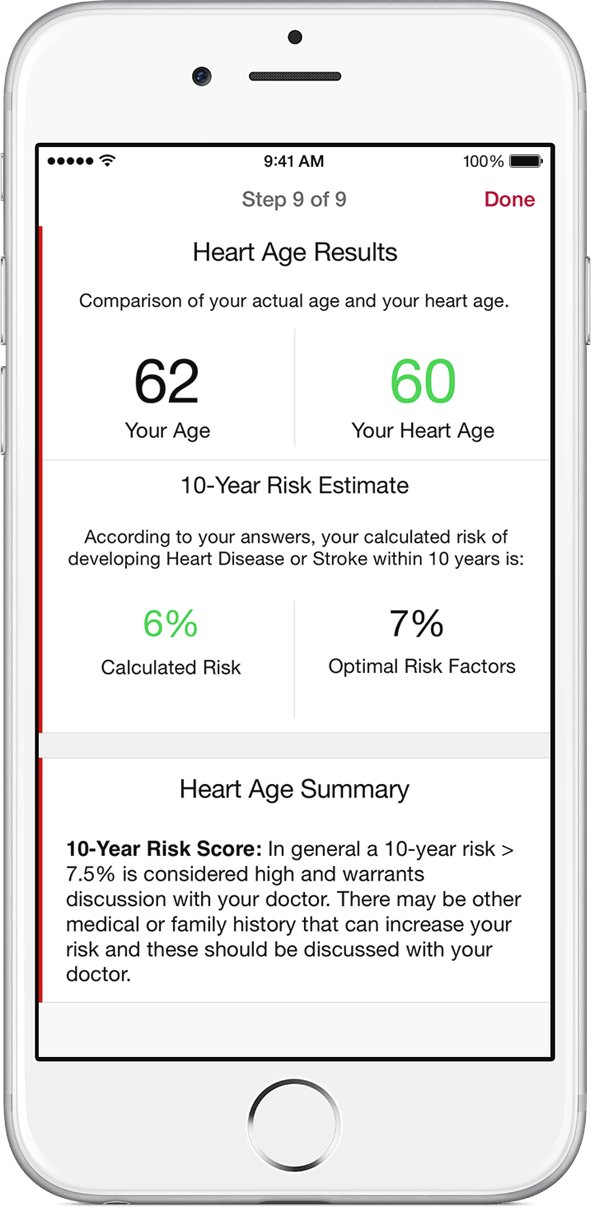
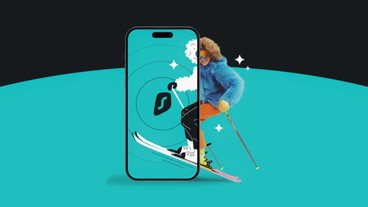




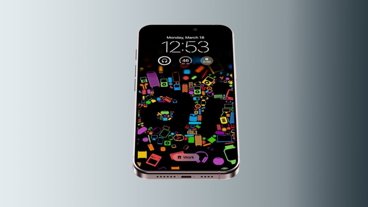







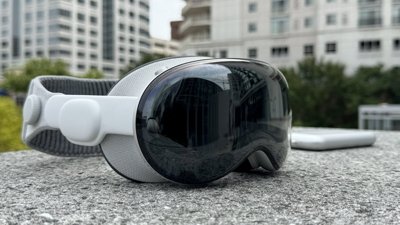
 William Gallagher
William Gallagher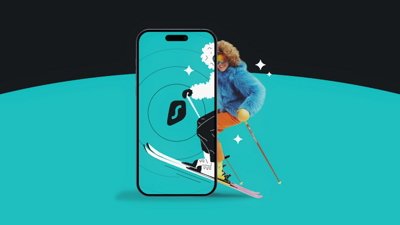
 Sponsored Content
Sponsored Content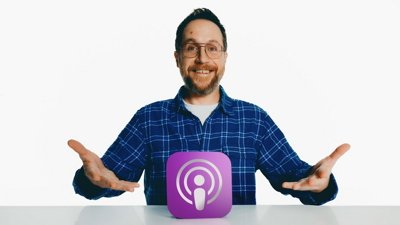
 Malcolm Owen
Malcolm Owen

 Mike Wuerthele and Malcolm Owen
Mike Wuerthele and Malcolm Owen

 Andrew Orr
Andrew Orr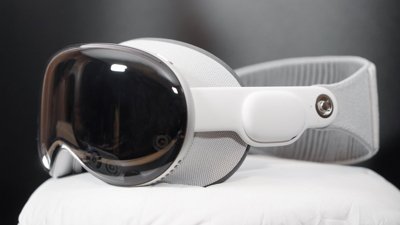
 Wesley Hilliard
Wesley Hilliard





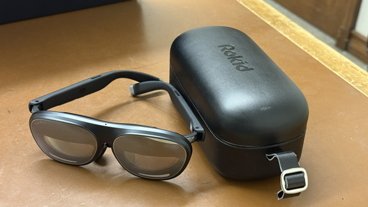

14 Comments
Unless you wanted a lot of dorks for your research, I don't think this would be a bad thing. iPhone owners come in all different types.
One of the challenges, like any survey opened up to a large group of people, is ensuring data quality. There are going to be those that will want to game the system and therefore skew data. For this reason, an extra step will be needed in any analysis to ensure the extra noise is filtered out, where possible. Don't get me wrong, I like the concept and anything that increases coverage is good, but it shouldn't be taken as a magic bullet - there will still be some curating to do. As for the demographic, hopefully the "open source" aspect of [url=https://developer.apple.com/researchkit/]ResearchKit[/url] will mean it will appear on Android and further extend the demographic.
And in medical clinical research quantity has a quality all it's own. And big quantities of participants normally cost big fortunes... When this leaks into patient monitoring for prescription compatibility AFTER the prescription is written this will be big. Catch those unwanted side effects before they reach crisis perhaps allowing more aggressive use of some pharmaceuticals that have a small number of at risk people in the general population but overall are potentially very valuable for treatment.
The Verge is running a hitpiece this morning trying to slam this. As several commenters possessing actual brains have pointed out, it's baseless.
Looks like many of those tweeters didn’t bother to read Apple’s information on Research Kit and even the article is a bit thin on that reading it would seem. I work in a medical research facility and have already sent the information for our lead researcher to look into.
https://developer.apple.com/researchkit/
Researchkit tehnical overview
It is a 5 page document with 1 page being a title only, doesn’t take much effort to read and was available (when I looked for it) the same day as the announcement. It even came up at the first entry in Bing search.
AND
(other points removed for clarity)
AND
And:
There’s also one extra thing. It’s ok false subjects will be included. One of the primary tasks of these studies is to teach big data algorithms to distinguish actual data from irrelevant noise as humans will always make mistakes and sensors are not perfect. It is expected to have a reasonable amount of false data as input, and system should learn to recognise said data.
So I don’t think any balls were dropped. It’s just a design of the research. Data shouldn’t be clean, as they are never clean in real life.
Ethical or not, this is a single most important feature of Apple Watch that justifies its existence. Wearables should pave the way to personalised 24-hr healthcare, and this is the first step in the right direction.
That’s the ultimate usecase that explains why wearables are needed. To monitor health around the clock. Not for fitness, but actually for difficult chronic conditions. To provide better healthcare, to warn the user of the problem, to timely contact physician.
[quote name="TheWhiteFalcon" url="/t/185188/over-10k-participants-sign-up-for-stanford-medical-trial-after-researchkit-debut#post_2690572"]The Verge is running a hitpiece this morning trying to slam this. As several commenters possessing actual brains have pointed out, it's baseless. [/quote] I saw that. The poster you quoted sure understands what's going on, and made a fool of The Verge and all the commenters.